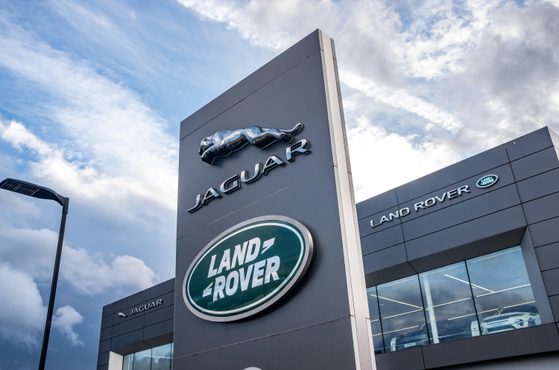AI and the Internet of Things are revolutionising the ways in which warehousing and logistics companies operate.
Businesses can now track vehicles and goods more easily, allowing for a much more dynamic supply chain. Within warehouses, technology can increase efficiency and change working practices significantly. Employment practices, workforce supply and the roles that workers carry out in logistics businesses are also changing rapidly.
To meet the challenge of last-mile logistics in urban centres, logistics operators need to look at how they deliver to and receive returns from customers, what properties they occupy and how they can adapt to technological advances and emissions controls. Warehouse developers need to have a product that is flexible enough to accommodate rapidly changing technologies and occupier needs.



